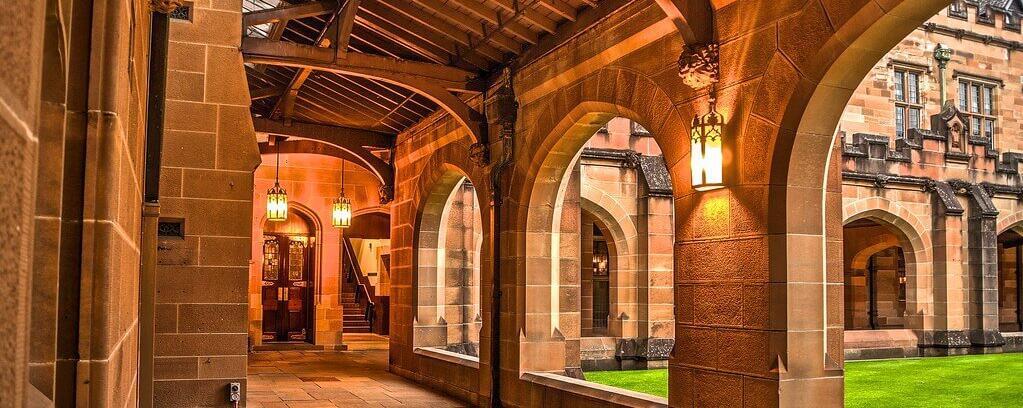We’re one of the world’s top research universities. Ranked 54th globally in the Times Higher Education Rankings 2022, we also have 10 research areas ranked in the top 50 globally by the Shanghai Ranking League in 2022, of which 3 research areas are among the top 10 globally. Our research is driven by the big picture. We take a problem and look at it from all angles, combining the expertise and talents of scholars from many disciplines. Whether you’re an aspiring academic or want to explore a passion, a research degree at the University of Sydney can make the difference.
“Research and technology have never played a more important role in society and the University of Sydney is at the forefront of helping Australia succeed in a world where ‘smarts’ increasingly matter."
Professor Emma Johnston,
Deputy Vice-Chancellor (Research)
Our interdisciplinary approach unites experts in diverse fields. We provide a hub for industry, government and community groups to collaborate with us and connect with our researchers and students. We are home to over 100 world-renowned multidisciplinary research and teaching centres that work alongside some of the world’s brightest and most accomplished academics to tackle some of the worlds most pressing issues.
We also have a coursework component to our research degrees. You will have the opportunity to create your own distinct research pathway by selecting from more than 270 units from any faculty, a first of it’s kind in Australia, with study areas ranging from specialist analytical methods and professional engagement courses to discipline-specific subjects.
Key Research Areas
- Technology
- Health and wellbeing
- Society and Culture
- Environmental Issues
Top 5 Research Achievements
- The robot revolution that will help farmers all over the world
- Nanoscale battery to transform renewable energy storage
- Tumour tracking reshapes the future of cancer treatment
- Bona fide bone substitute could revolutionise surgery worldwide
- Why revisiting the Great Barrier Reef’s past could protect its future
Numbers
- 100+ Research Centres
- 5000 Research Students
- 5500 Research Staff/Supervising academics
Interview mit Marius zum PhD an der University of Sydney
Funding
- More funding information and application deadlines available here.
- Prospective students can apply for scholarships for research study, or competitive grants as a professional researcher. More information
Scholarships in focus:
- Australian Government RTP Scholarship (International)
- Faculty of Engineering Research Scholarship
- Postgraduate Research Scholarship in Computational Neuroimaging
We're committed to fostering the best and brightest researchers, and have a wide range of scholarship options to support international research students. Prospective students can apply for scholarships for research study, or competitive grants as a professional researcher.
